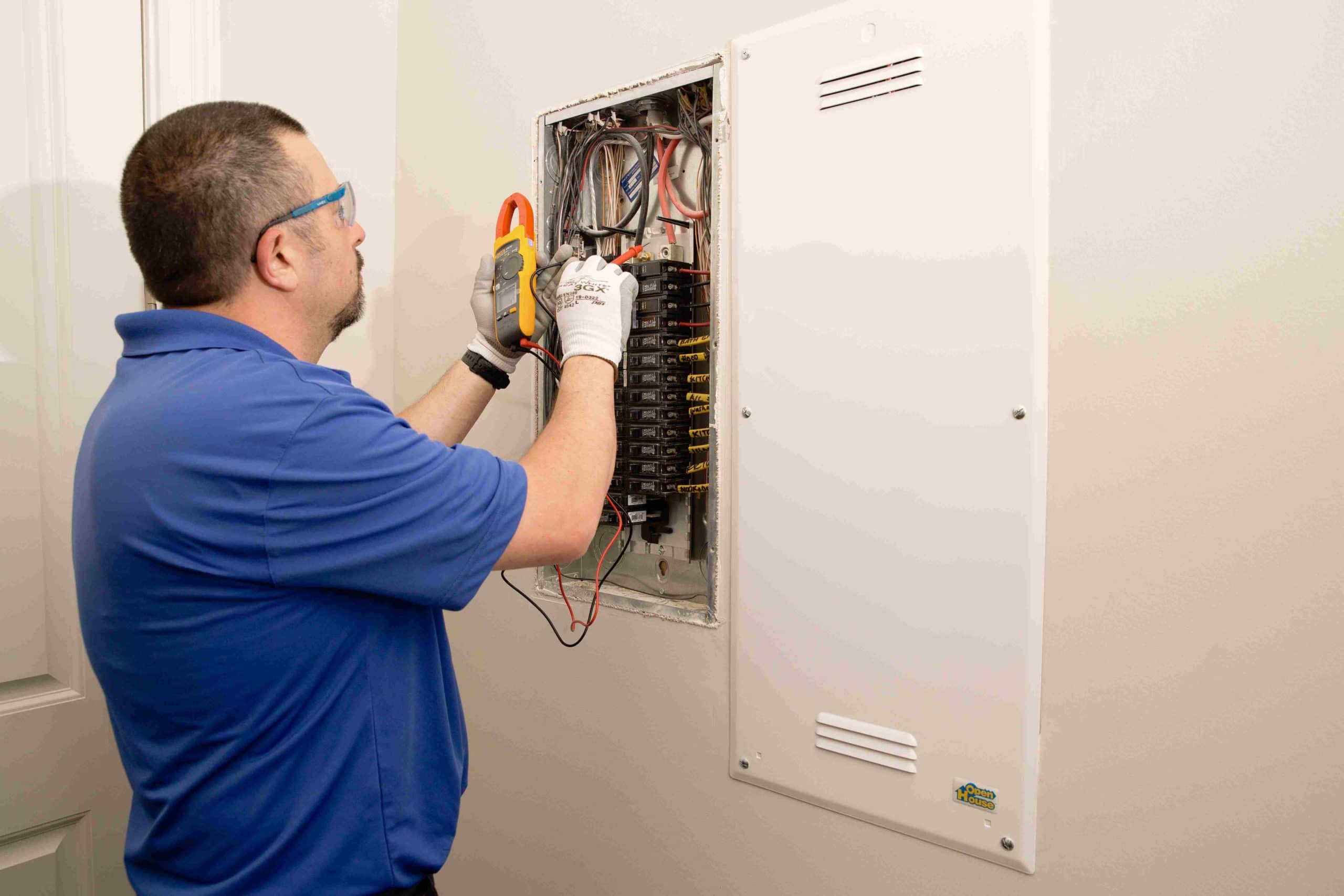The Power of Prevention: The Significance of Electrical Inspections in Home Safety

When it comes to ensuring the safety and functionality of a home, one often neglected area is the electrical system. Electrical inspections play a crucial role in maintaining both the integrity of the electrical infrastructure, and the well-being of all residents of the home. With the potential for hazards such as electrical fires, shock, and equipment failure, routine inspections become a key component of a proactive safety strategy for homeowners.
Comprehending what goes into an electrical inspection and realizing its value can significantly influence how homeowners handle their property. From uncovering hidden issues to ensuring compliance with safety codes, these inspections are essential in preventing costly repairs and ensuring peace of mind. In this article, we will explore the multiple dimensions of electrical inspections, including typical findings, the frequency of inspections, and their vital role in home safety. Whether you are an experienced homeowner, a first-time buyer, or even a landlord, staying informed about electrical inspections can help you protect your investment and keep your family safe.
Understanding Electrical System Assessments
Power assessments are critical reviews performed by certified experts to evaluate the safety, functionality, and compliance of a home's power system. Throughout an inspection, electrical technicians check electrical wiring, circuit breakers, receptacles, and additional parts to detect any possible dangers or deficiencies that could result in dangerous circumstances. These evaluations aim to confirm that the power system meets current codes and operates efficiently.
One of the key reasons power assessments are crucial is the mitigation of electrical fires and other dangers. Faulty electrical wiring, excessive circuits, and outdated electrical systems can pose significant dangers not only to a house but also to the residents' safety. Recognizing and correcting these problems in advance helps residents steer clear of dangerous incidents and steep repairs down the line.
Electrical assessments are especially important for older homes, where deterioration might have damaged the safety of the electrical system. First-time homeowners should also prioritize assessments to know the state of their property. By ensuring regular and comprehensive checks, residents can ensure a safe environment, safeguard their property investment, and verify conformance with municipal codes.
Key Reasons for Regular Inspections
Routine electrical evaluations are essential for upholding the safety and functionality of a residence. As time goes by, deterioration can lead to faulty wiring, old systems, and possible risks that can jeopardize safety. An electrical inspection detects these issues quickly, making sure that necessary repairs or upgrades are made before they intensify into major problems, such as electrical fires or outages. By staying proactive, homeowners can avoid dangerous scenarios and costly emergency repairs.
An additional significant reason for planning regular inspections is to guarantee compliance with the latest electrical codes and standards. Construction standards evolve, and what was previously deemed safe may not meet the modern regulations. Regular inspections help homeowners stay compliant, which is especially important when transferring a home or undergoing renovations. This compliance not just safeguard the homeowner but also boosts the property’s worth and appeal to potential buyers who value safety and reliability.
Finally, regular electrical inspections support to energy savings in a home. An inspection can uncover old systems or faulty wiring that may be resulting in unnecessary energy consumption. By addressing these problems, homeowners can lower their energy bills and cut down on their carbon footprint. This not only promote a more sustainable environment but also provides long-term financial benefits, making regular electrical inspections an important investment for any homeowner.
The Effects on Safety and Compliance
Electrical assessments are vital in guaranteeing the security of homes and structures. By spotting potential hazards, such as faulty wiring or outdated electrical systems, these inspections greatly reduce the likelihood of electrical fires, shocks, and injuries. Property owners and property managers must recognize that neglecting electrical issues can lead to devastating outcomes, including loss of property and fatalities. Regular inspections not only enhance personal safety but also foster a safer environment for families and residents.
Adhering with local and federal electrical codes is critical for any home or business property. An electrical inspection verifies that the wiring and systems in place adhere with these standards, helping to prevent legal issues that may arise during property transactions or inspections by local authorities. By staying EICR Kirkcaldy Fife , property owners can avoid penalties and issues during the sale process, making inspections an essential aspect of managing properties.

Additionally, the connection between electrical inspections and insurance cannot be overlooked. Many insurers demand an up-to-date inspection to provide a policy or to maintain a reduced premium. This condition underscores the significance of regular electrical evaluations as part of a comprehensive risk management strategy. Prioritizing electrical safety through inspections also safeguards people and families but also guarantees compliance with policy conditions, making it a key element in safeguarding resources and investments.
